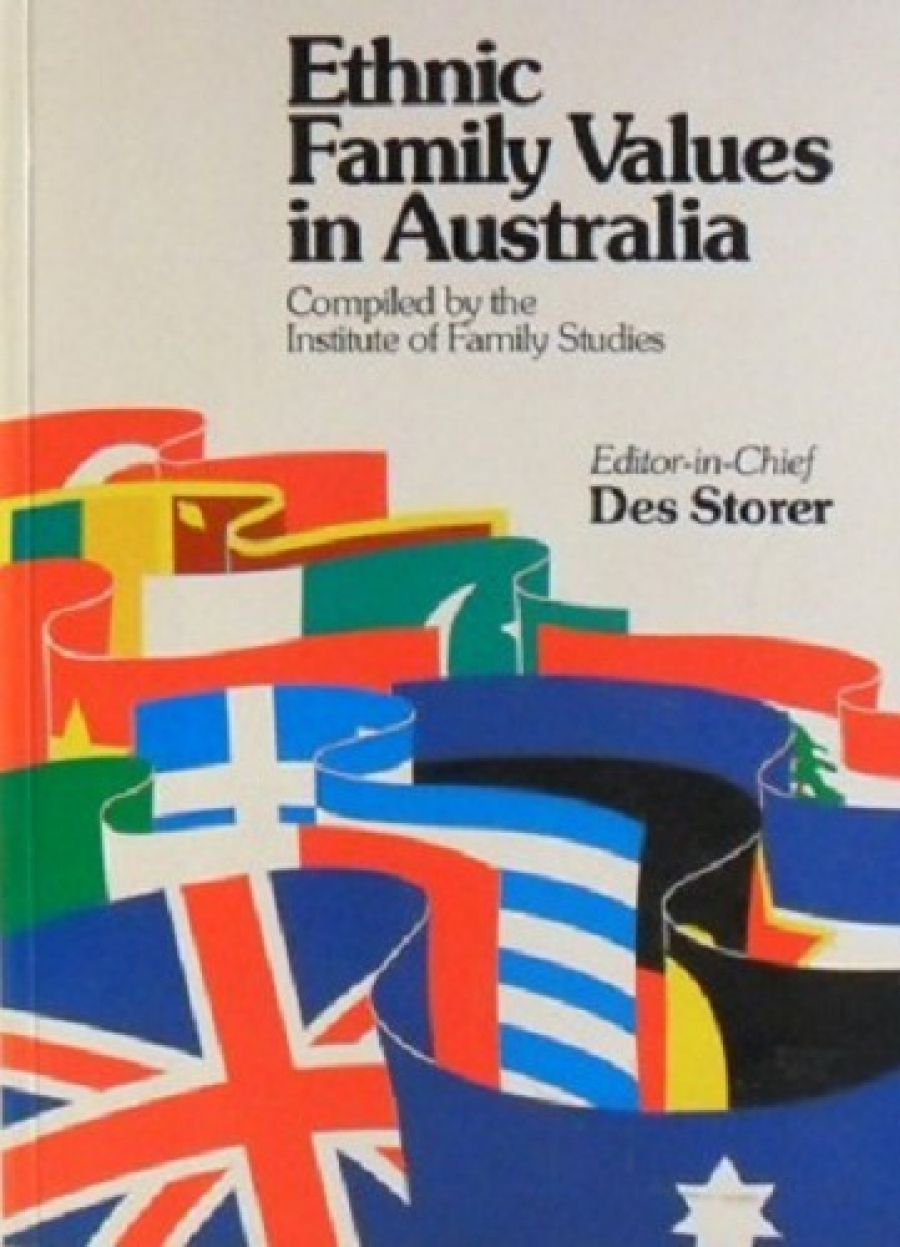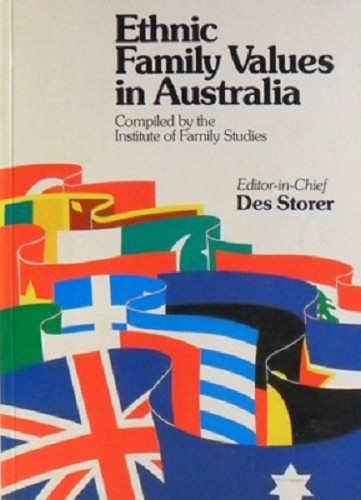
- Free Article: No
- Contents Category: Cultural Studies
- Review Article: Yes
- Article Title: Our Multicultural Society: In our real world
- Online Only: No
- Custom Highlight Text:
It is eight years since Jean Martin’s book The Migrant Presence (1978) eloquently pointed out the extensive resecuring required in our mainstream institutions to redress an entrenched inequality. Problems experienced by migrants were pervasively dealt with in ways that blamed the victims. At worst, the different cultural backgrounds themselves were indicted as the problem. In the face of Australia’s accelerating demographic revolution, we conveniently avoided confronting the changes called for in our own cultural perspectives and social institutions. ‘Assimilation’ blanketed the field with its ill-explored assumption that the migrants were the misfits. Their differences were of little interest and were anyway temporary. Migrants would of course change rapidly to become like ourselves. This view was supported by a yawning silence. There was no book such as Ethnic Family Values.
- Book 1 Title: Ethnic Family Values in Australia
- Book 1 Biblio: Compiled by the Institute of Family Studies Prentice-Hall, $18.95 pb, 341 pp
- Book 1 Cover Small (400 x 600):

- Book 1 Cover (800 x 1200):

A central concern uniting the articles is to redress the paucity of contemporary literature on ethnic family values. Those working in related fields have had to seek out isolated anthropological or sociological works and use these as indications of typicalities. While offering an alternative emphasis, Ethnic Family Values also addresses itself to counteract a bias. Sources on background culture tended to emphasize the traditional, to concentrate on rural areas and, because such literature was mostly written before the 1960s, to deemphasize increased industrialization. These neglected aspects are a major focus in each article. This will satisfy many second-generation immigrants who have felt that their parents’ outdated cultural views have been upheld, rather than counteracted in the available literature. It has taken the rude shock of a visit back home to bring the realization that much of the change they identify as due to specifically Australian influence on their children has also taken place in their homeland.
Most of the literature on ethnic cultures has been from the male perspective, while purporting to represent the whole culture. Anthropological studies have focussed on the public realm, reflecting the sphere that is important to the White Anglo Saxon middle-class males who have largely been the researchers. Their studies emphasized the male focus in each: culture, perpetuating that passive ‘thereness’ of women that Lyn Lofland has seen as distorting community studies in general. The widespread current concern with the hitherto hidden realms of female power and female interests is evident in Ethnic Family Values, where five out of the eight writers are women. The book contributes towards the long-awaited realization that women have been more central in processes of change than the literature has indicated. Since the focus of studies has generally shifted from continuity to an emphasis on change, women are now being seen as pivotal. Throughout this book, the central role of women in the changing pattern of family life both ethnic and Australia-wide is clearly indicated.
The quality of the articles varies. Each will be of interest to all Australians in widening our knowledge of our own diversity. The cultures influencing us are shown in a contemporary light and the best articles also convey a sense of what it is like to directly feel a part of those historical influences. Perhaps the perspective least reflected is that of the first-generation migrant who arrived prior to the 1960s and whose view of his own culture has not been influenced by contemporary events. In the past, the available literature has tended to over-emphasize their perspective. Ethnic Family Values seeks to lift the debate firmly into a contemporary arena.


Comments powered by CComment